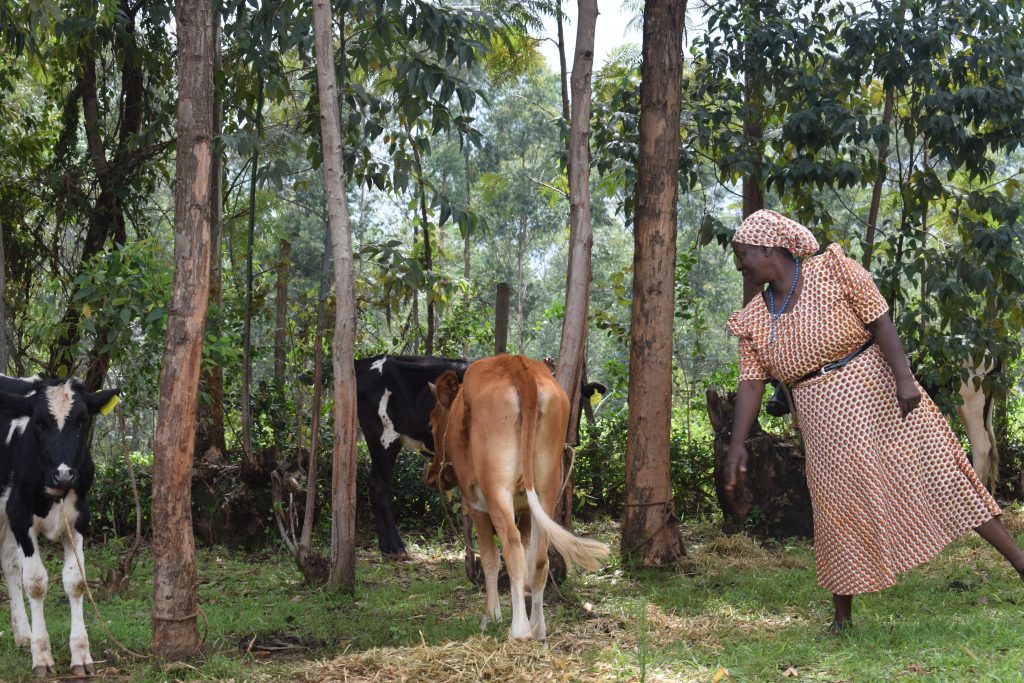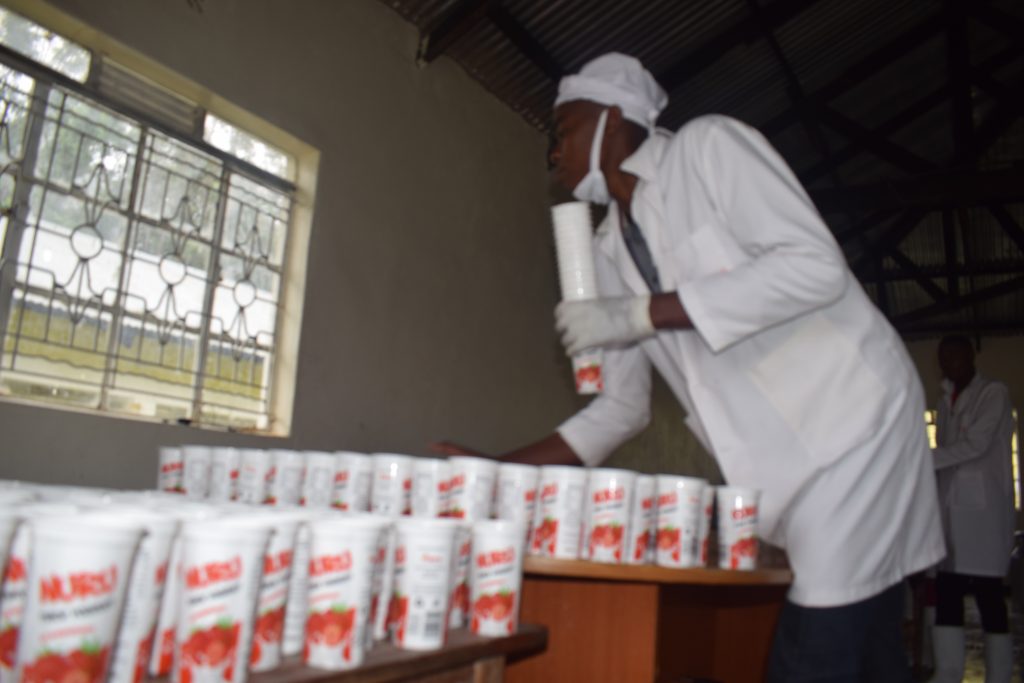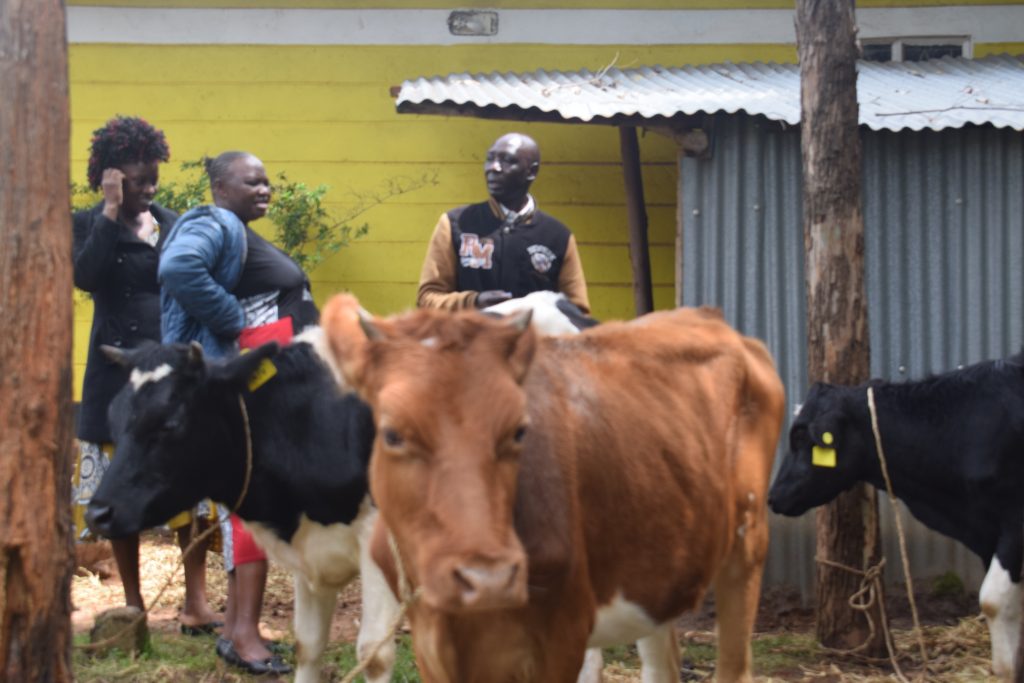
By MN Reporter
Nuru International, a non-government organisation is slowly turning Kuria farmers from local Zebu breeds to dairy farming in a step-by-step move to uplift locals and end poverty.
The organisation has set out modalities to change the pastoral community rooted in local breeds of cows into dairy farming with a recent issuing of dairy cows to 22 farmers from Mabera Cooperative Society.
So far the number of beneficiaries to 216 cows across 13 societies in the Kuria area in a area that has seen collapse of tobacco farming, a cash crop.
Kevin Yongo, Nuru Livelihood Team Leader said to start off the project, farmers through their cooperative societies were first educated on benefits of dairy cows against local breeds, soft loans and training on maintain the animals given.

Mary Boke, said she had to sell off her 12 local breed cows which only gave her five liters of milk a day, to have only three Fresian breeds of dairy cows where she gets about 15-20 liters of milk daily.
“We were trained on how to take care of dairy animals, as a community we place more importance on zebu cows which has fuelled cattle rustling,“ Boke said.
After several meetings with farmers, Nuru International helped them acquire high grade heifers at Sh35,000 to cover the cost of animals, vaccinations, artificial insemination, training and extension services for a yea.
Farmers have to pay Sh15,000 down payment, with the rest cleared within a year to fully acquire the animal.
Dairy cows management

The animals are vaccinated against Lumpskin and Foot and Mouth diseases, common diseases in Migori, with anthrax vaccine given later on.
John Matiko, Dairy Programme Officer said dairy farmers are encouraged to spray and de-worm other domestic animals in their farms and use feeding troughs to avoid spread of diseases.
George Kimani, Dairy Breeding Officer said from 8-16 months old a heifer will be on heat and ready for servicing by a bull, but the best indicator is the body weight.
With extension services, farmers’ cooperative societies and close knit issuing of dairy cows to farmers Nuru International collects about 2,500 liters of milk daily, offering a ready market of Sh39-40 per liter, for their yoghurt production plant.
Nuru International produces the Nuru Yoghurt brand in vanilla, strawberry and mango flavours George Kimani, Nuru Dairy officer said dairy farming will be considered as an alternative because of shrinking land size and better revenue.
With a 3,000 per liter production of Yoghurt plant supported by coolers the organisation has a ready market for farmers to reverse their gains.

